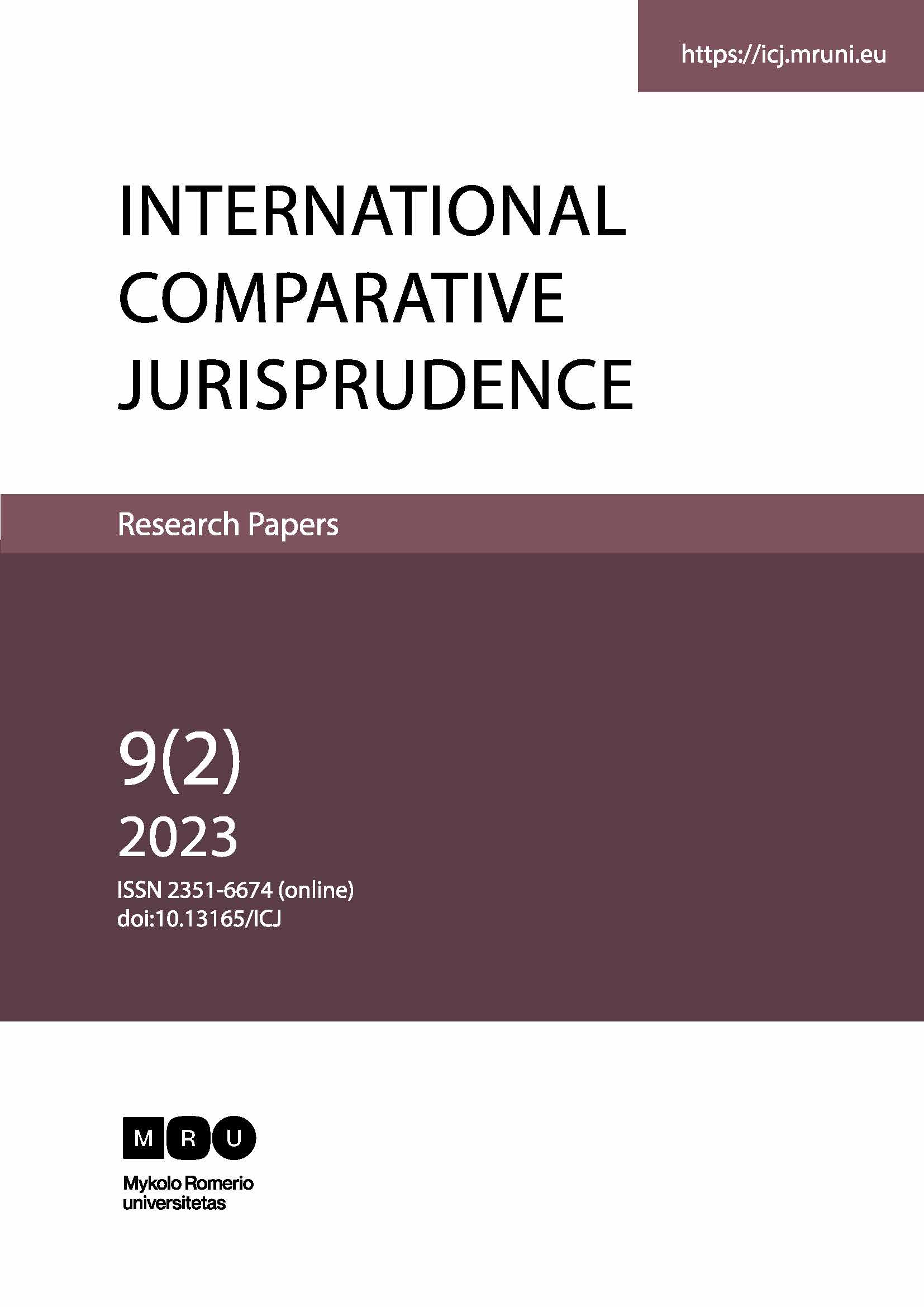THE LEGAL FRAMEWORK ON SURROGACY IN UKRAINE: QUO VADIS?
##plugins.themes.bootstrap3.article.main##
Abstract
Ukraine is one of the few countries in Europe that allows surrogacy for both its own citizens and foreigners. It is a very attractive destination for reproductive tourism because of its convenient geographical position, good level of medical services and moderate prices; moreover, legal regulation on surrogacy in Ukraine is fragmentary as no special law on human reproduction has yet been adopted.
This paper aims to uncover the conditions for surrogacy in Ukraine alongside the gaps in the current Ukrainian legislation and to compare the Ukrainian legislation on surrogacy with the legislation of European countries. The author also aspires to analyze the recent draft laws on assisted human reproduction that have been submitted for consideration to the Ukrainian parliament. Another purpose of the article is to formulate the legal problems of the surrogacy industry in the early wartime. The principal result of the paper is that the need for detailed regulation surrounding surrogacy is pressing, and the adoption of special laws on assisted human reproduction by the Ukrainian parliament would be a significant step forward. The author concludes that the regulation of surrogacy in Ukraine is very liberal in comparison with the rules of most of the countries of Western Europe, where surrogacy is banned. At the end of 2021 and during 2022–2023, four different draft laws dedicated to assisted human reproduction were considered by the Ukrainian parliament. Despite the fact that the legislative work calendar of the Ukrainian parliament provided that the relevant law should be adopted in 2023, on May 3, 2023, the Ukrainian parliament rejected all of the abovementioned drafts. It is expected that other drafts will be elaborated and submitted in the nearest future. The war initiated by the Russian Federation against Ukraine, which began on February 24, 2022, has greatly affected the reality of surrogacy. The emergency evacuation of surrogates and difficulties in obtaining transportation documents and birth certificates for children born after surrogacy are just some of the problems faced by both intended parents and agencies. These problems will not cease until the war is over.
##plugins.themes.bootstrap3.article.details##
Authors contributing to International Comparative Jurisprudence agree to publish their articles under a Creative Commons Attribution 4.0 International Public (CC BY) License.![]()







